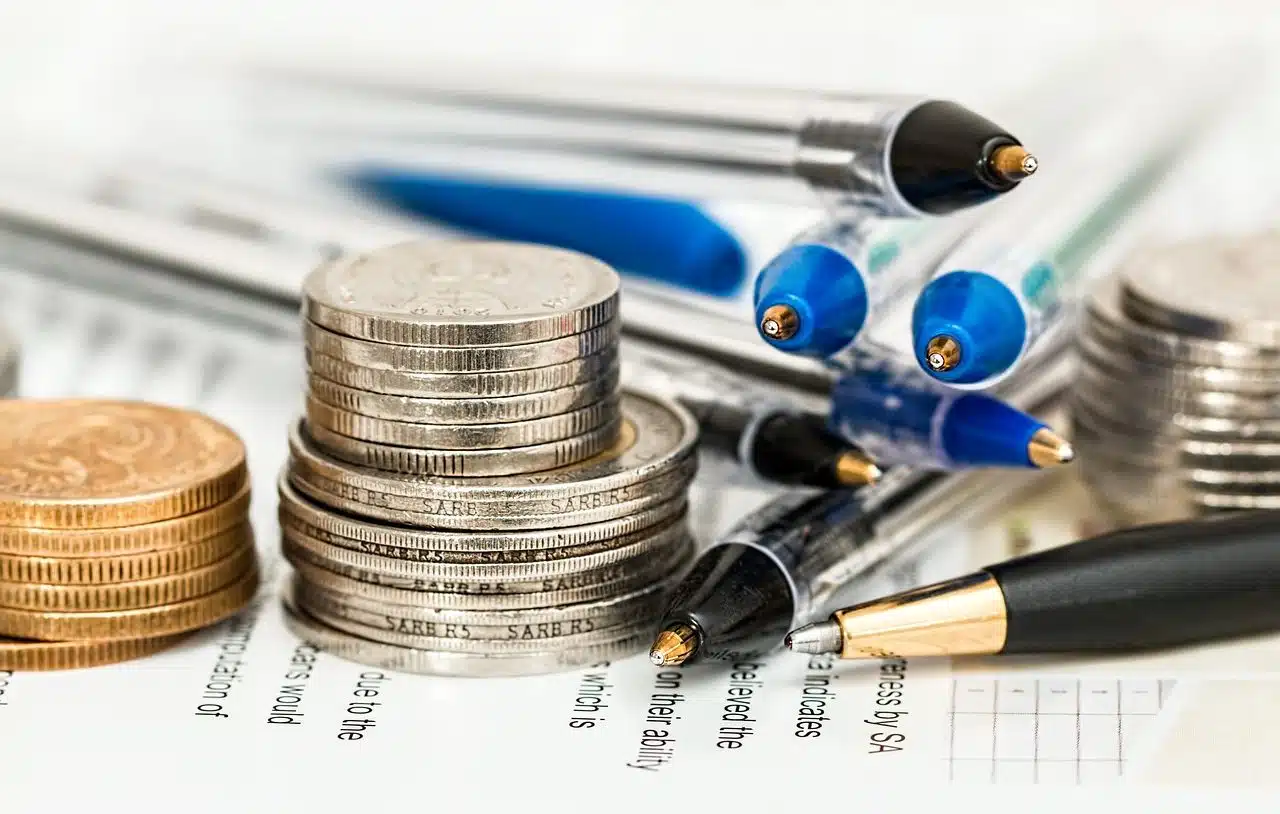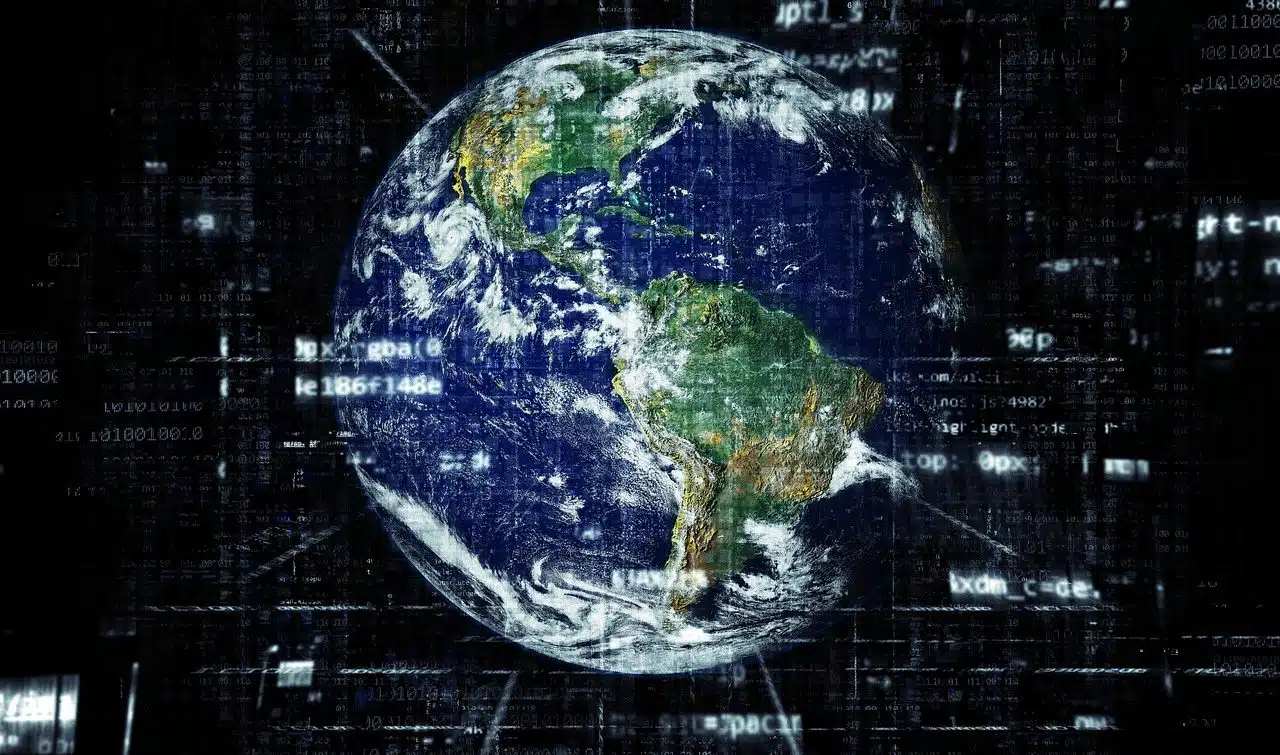
In a planned economy , the State intervenes directly in the market.
Economics is a social science dedicated to the study of production and exchange procedures and the analysis of the consumption of goods (products) and services . The word comes from Greek and means "administration of a house or family."
In 1932 , the British Lionel Robbins provided another definition of economic science , considering it as the branch that analyzes how human beings satisfy their unlimited needs with scarce resources that have different uses. When a man decides to use a resource for the production of a certain good or service, he assumes the cost of not being able to use it for the production of a different one. This is called opportunity cost . The function of economics is to provide rational criteria so that the allocation of resources is as efficient as possible.
Broadly speaking, two philosophical currents can be mentioned regarding economics. When the study refers to postulates that can be verified, it is positive economics . On the other hand, when it takes into account statements that are based on value judgments that cannot be verified, it is called normative economics .
Schools of economic thought
For the German Karl Marx , economics is the scientific discipline that analyzes the relations of production that occur within society. Based on historical materialism, Marx studies the concept of labor-value, which postulates that value has its objective origin according to the amount of work necessary to obtain a good.
It should be noted that there are numerous schools of economic thought, which present different approaches to analysis. Mercantilism , moneratism , Marxism and Keynesianism are some of them.

The International Monetary Fund (IMF) and the World Bank are institutions of great importance in the global economy.
Different types of economy
The word economy has many uses that allow it to be linked to different aspects of commercial exchanges or supply-demand relationships that exist. Some of these meanings are:
- Sustainable economy , also associated with sustainable development , is a new term that has become fashionable in recent years and that encompasses a social life project based on the reuse of raw materials for various purposes. It is about changing the productivity process by virtue of an economy inspired by the care of the environment and the improvement of the quality of life of a society. Basically, it seeks to satisfy the needs of the generations that are living in a certain time period without putting the subsistence or economic possibilities of future generations at risk.
- Business economics is the way in which an organization can manage its resources and services, offering a competitive vision in the market. It uses several scientific disciplines that allow this work to be carried out. It is a way of applying economics within a company and external values such as stock market indices, market demand and other variables must be taken into account for its proper functioning.
- Natural economy , as defined by biologist MT Ghiselin , is the study of the consequences that scarcity causes on living beings. It proposes an in-depth analysis of human actions and their secondary effects on the environment.
- Political economy is the analysis of human behaviors, examined within a characteristic legal context. Political economy is related to natural economy in that human actions - its political economy - can affect the natural environment in a positive or negative way: the interaction of living beings with the environment always modifies it.
- Mixed economy is a system of commercial exchange that is not completely free, where the State is responsible for setting certain rules that enable a balanced distribution of profits between the different actors in that economic system.
- Market economy is a social system where the factors that most influence are the division of employment and goods and services and the interaction between the entities that make up a society. It is a free system of prices set by demand and supply. It is an absolutely free economic system, where those who intervene in the buying and selling exercise set the conditions. There is no country today where commercial freedom is absolute.

Advances in technology often cause changes in the economy.
Main variables
Multiple variables intervene in the economy. These factors can be managed in different ways according to the role considered.
The government of a country, for example, has the obligation to promote economic growth and avoid recession. In this framework, its fiscal policy and monetary policy will aim at the growth of the Gross Domestic Product ( GDP ) , to mention one reality. It is also common for authorities to seek to favorably manage issues such as unemployment , inflation , subsidies and other issues to, as far as possible, promote general well-being.
In a family, of course, the ability to influence the national economy is very limited. What usually happens is that each group tries to manage itself in the most convenient way to satisfy its needs, seeking to maximize its income (from salaries, an investment, etc.).
If we focus on a consumer , he will surely try to keep his expenses under control and not squander his savings: that is why he will aspire to achieve low prices, while a producer or merchant will want to increase them as much as possible. A businessman , meanwhile, will aim to comply with his tax obligation but pay as little tax as possible, while the State can aim to increase the tax burden to obtain more funds. The interests in an economy, as noted, can be conflicting.
It cannot be omitted to mention that, especially for liberal economists, the market can (and should) regulate itself. In this sense, the State must intervene as little as possible, avoiding monopolies and oligopolies so that there is as close to perfect competition as possible. This implies that economic actors have little power of influence on their own, and at the same time leaves the door open for the economy, through the exploitation of land and industrial activities, to attack natural resources, by pointing out a risk.
